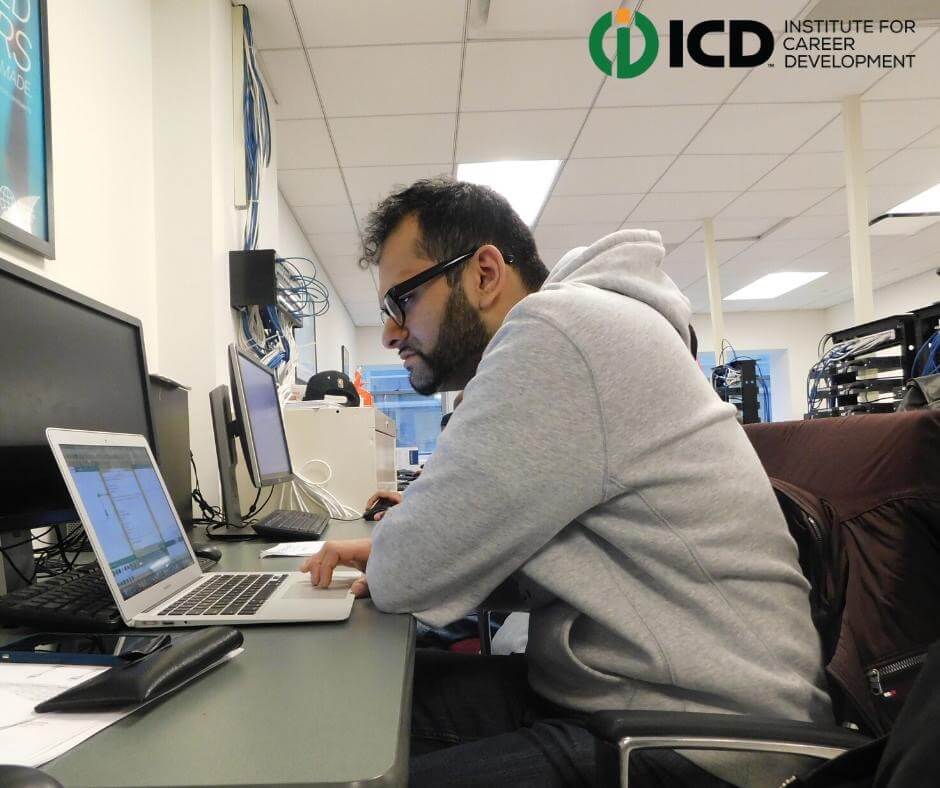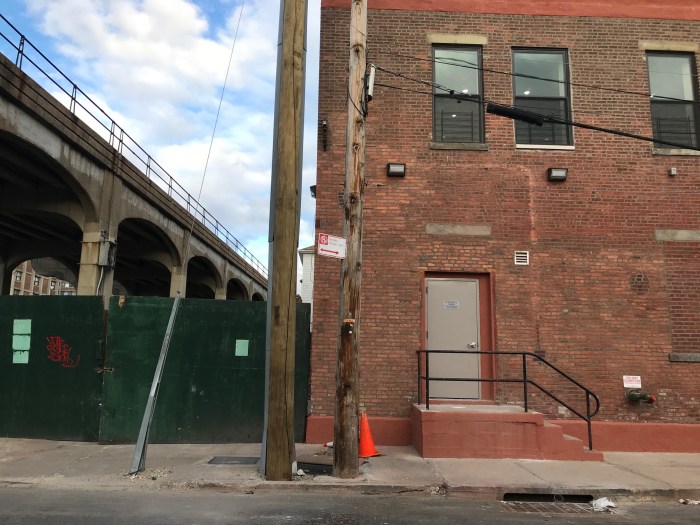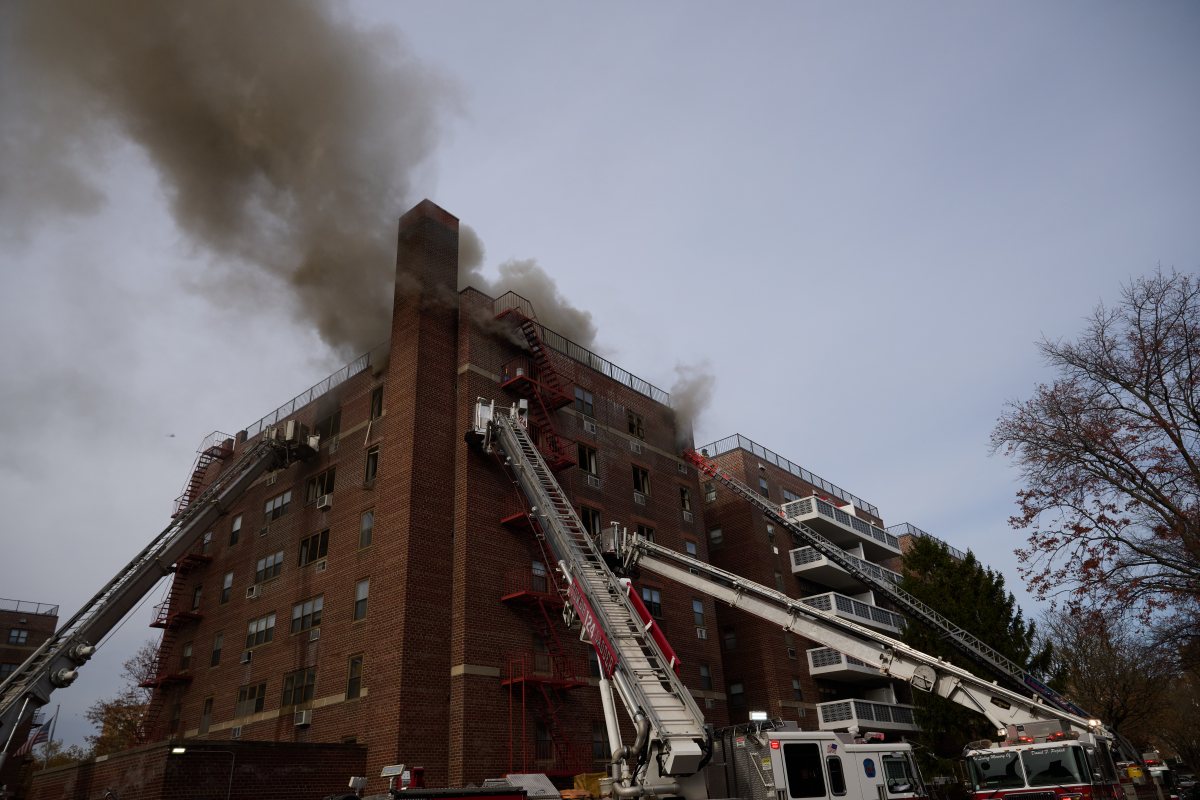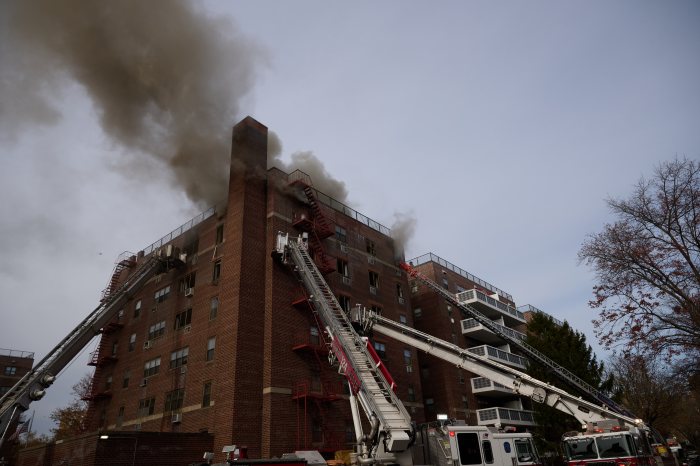Over the past 16 months, New York City has been coping with the physical, mental, and economic implications brought about by the COVID-19 pandemic. As New Yorkers battle the avalanche of effects from the novel coronavirus, some of the most prevalent being the exponential increase in homelessness as well as job and food insecurity, city agencies have been working to support those in need.
The New York City’s Department of Social Services (DSS) has been called a lifeline to those in need, providing outreach programs to thousands. But while they aided others, they were, in turn, being assisted remotely by interns with disabilities thanks to a special program.
For several years DSS has been working with the nonprofit Institute for Career Development (ICD) to provide internship opportunities to those with disabilities through the Partnership for Inclusive Internships (PII) program. This initiative has become a pipeline of candidates eligible for municipal employment, creating more inclusivity and diversity within the workforce. Thanks to this program, individuals with disabilities wishing to work but have difficulty finding employers who can accommodate their unique needs can find meaningful employment opportunities.
“This program changes and diversifies the culture within our agency and provides much-needed work experience and opportunity to people with disabilities. It’s been a joy and a great source of satisfaction to many of us at DSS and also at AHRC and an inspiration to me personally every day,” said Jennifer Shaoul, Executive Director of Disability Affairs at DSS, adding, “In general, the employment rate for people with disabilities, hovers just below 30%. They deserve an equal opportunity at achieving success and realizing their full potential, but it can be difficult to overcome barriers and related biases in the workplace. We want to do our part to help fix that in some way.”
Many individuals with disabilities can feel inadvertently discriminated against if a company does not hire them since they cannot accommodate or do not under their specific needs, which can lead to depression and long-term unemployment with no opportunity to hone their skills. Thankfully, instead of postponing the internships due to the pandemic, the PII Program transitioned into a remote-only initiative, allowing interns within the IT Academy to develop and strengthen skills necessary for work within the technology field. Approximately 15 interns have worked from home as tech support for City agencies. During this process the interns were able to gain hands-on work experience through a paid internship providing help desk support to DSS-HRA.
amNewYork Metro spoke with two of the interns benefitting from this initiative, Ahmad Afzali and Nicolas Papadatos, both of whom shared how this experience has solidified their career in tech support.
As a deaf person, Afzali can attest to the difficulty of overcoming disability discrimination and employment barriers. Communication is key with any job, and Afzali shared that some employers have chosen to either overlook him instead of utilizing his skills, or even have outright stopped trying to communicate with him.
At 19 years old, he recalls a manager suggesting that they converse through text message to help the ease of access; however, after three months, Afzali was simply fired and there was no interpreter present to allow him to ask why. He also shared how some employers would hire him but refused to allow him to be involved, stating that it would be “too much work.”
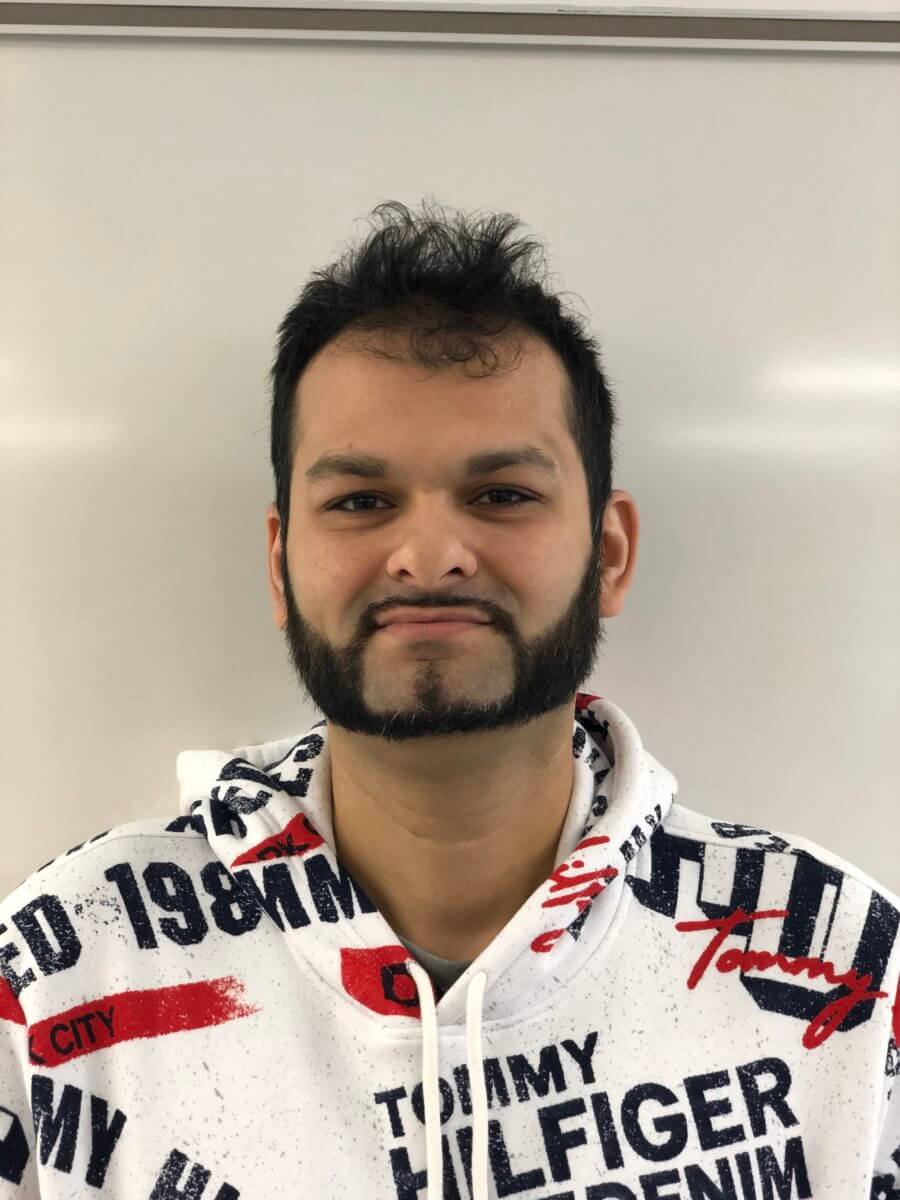
After 10 years of issues with employers, Afzali decided to try the internship to help hone his skills in technology and have his work taken seriously. Through the program, Afzali aids with network issues and sends help desk tickets and assigns it to the proper department.
“I used to think that it would be impossible to work for a big City agency. I had a pessimistic outlook but being able to get into this internship and having people say yes to me definitely changed my outlook,” Afzali told amNewYork Metro with the help of a translator, remembering how instructors informed him of the many ADA laws. He shared that he was unaware of his rights and is grateful to the program for opening his eyes to this information and opportunities.
While Afzali is thankful for the program, crediting it for inspiring him to not only continue in the IT field but also to take a more hands-on approach in terms of physical repairs, fellow intern Nicolas Papadatos is also grateful for being granted a second chance.
School was always difficult for Papadatos, who has ADHD and suffers with substance abuse issues. Due to the school system’s lack of understanding for his needs, he spent his youth self-teaching the craft he is passionate about through research and web browsing—thus beginning a knack for tech.
Papadatos said that although he taught himself HTML and other skills, he lacked the certification to back up his knowledge in order to allow him to pursue a career in the tech field. Upon learning about the internship program, he felt that it would be a good stepping stone to jumpstart his career.
“Unfortunately, when I’ve sent out resumes because I don’t have certifications or documents, people say ‘Oh he doesn’t even have an Associate, nope he’s not qualified.’ That is frustrating for me even though I have the knowledge,” Papadatos said.
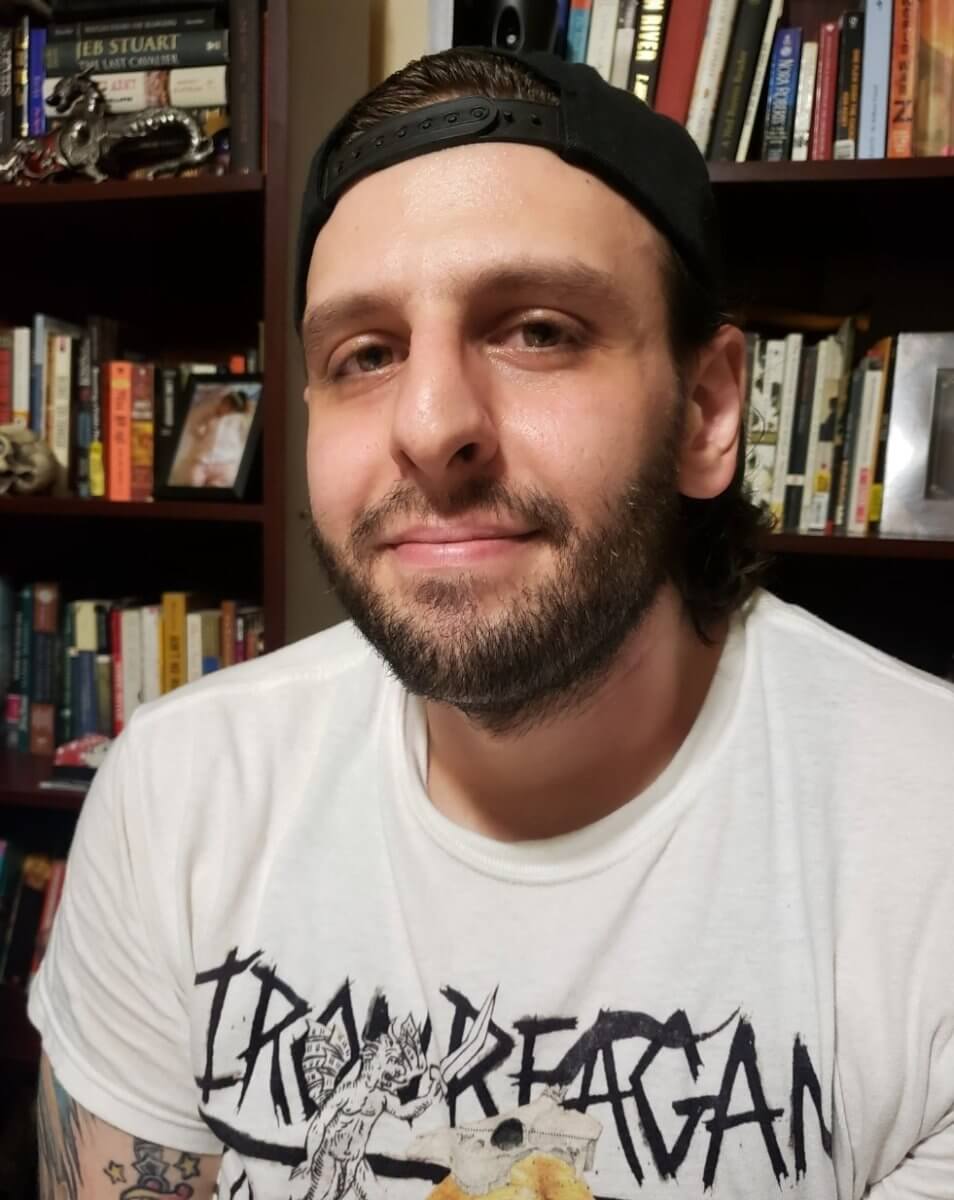
He shared that with this internship, he has been able to identify what an IT career truly entails and has allowed him to gain the much-needed experience for employers to better recognize his resume.
“There are so many directions in this field. The more people I meet the more hands-on experience I can learn, and I can see which direction interests me more,” Papadatos said.
Some of his internship tasks over the past few months consisted of helping DSS employees working remotely who had issues connecting to their office computer or other problems with their laptops. He shared that his main task was to make sure the IT queue did not overflow by diverting each specific ticket to the appropriate department.
Katya Zaitseva, ICD’s Executive Director of Programs & Services, shared that the IT Academy provides six months of rigorous education, offering the first-ever Cisco Certified Networking Associate training program and certification for individuals with disabilities.
“It’s a joy to be a part of their lives. It’s a second chance system. They have already been through schooling, and maybe that didn’t work out, and while they may have tried to be in the workplace, and maybe that didn’t go so well. Nobody comes to use because their career or their educational career or professional career is going great. So, an opportunity to serve our participants and to help them through training and especially internships to risk themselves in the eyes of the employers is the best job I could possibly ask for,” Zaitseva said.
The PII program offers internships within technology/IT, finance, research, customer service, and more, generating opportunities for more than 80 individuals with disabilities to date. Established as a partnership in 2018, the PII program is funded by a grant provided by the Taft Foundation.
“People with disabilities face a multitude of barriers to employment, and I just want to stress that internships allow our employer partners to absorb a person with disabilities into their workforce, but it also allows our interns to put themselves out there,” Zaitseva said.



